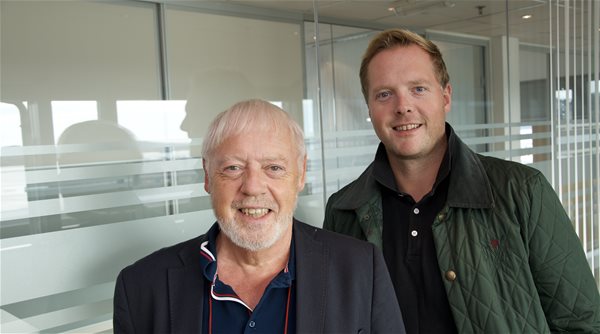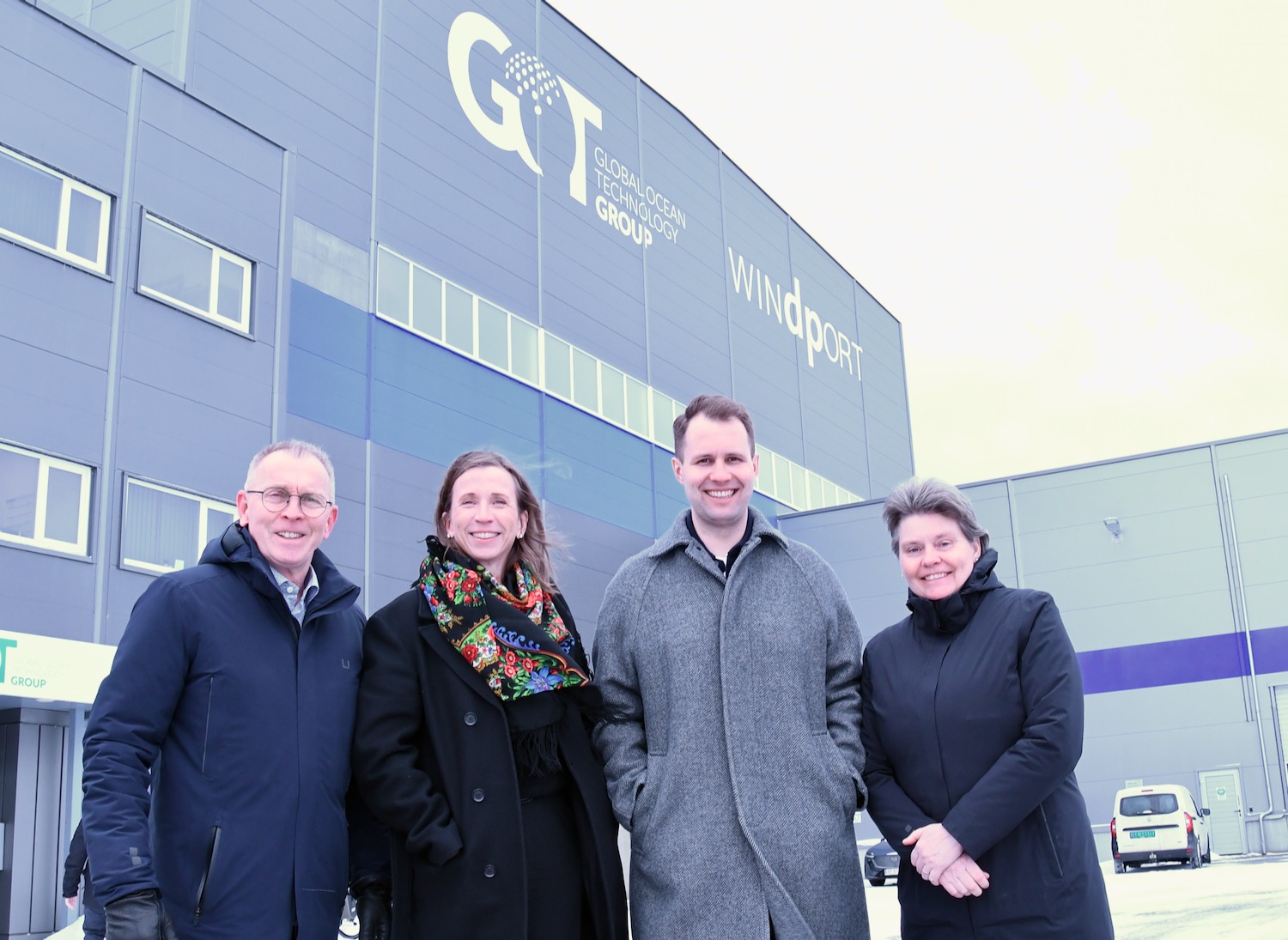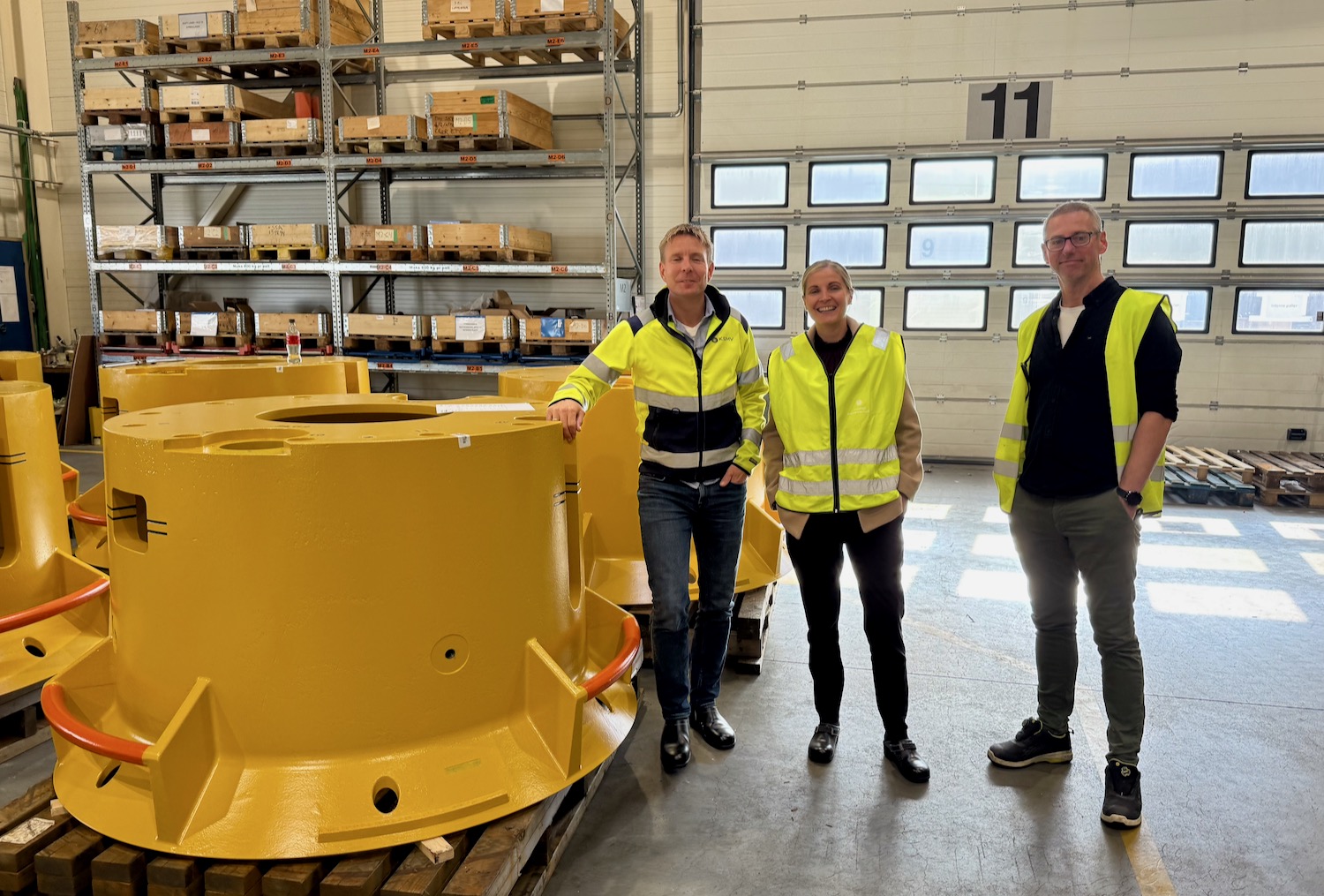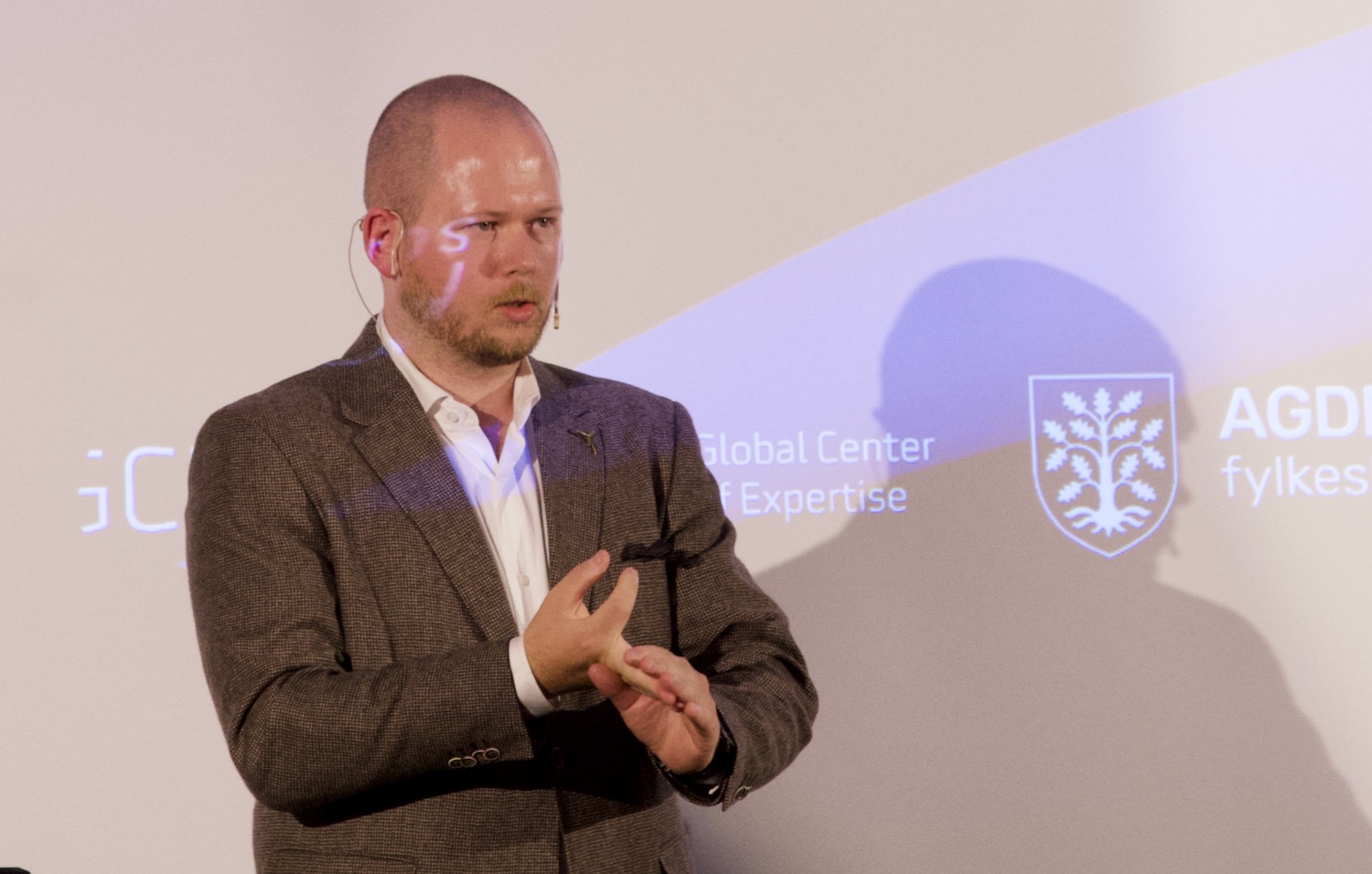– The overall purpose of NODE’s RDI-activity is to find ways to do things smarter and cheaper, and to explore how existing technology can be implemented in other industries, says Project Managers Søren Kragholm and Magne Dåstøl at GCE NODE.
They will work closely with Head of RDI, Marit Dolmen, as NODE kick-starts some of the many projects outlined in the application for GCE-status.
– To achieve our goals for the GCE-period, and to contribute to reducing industry costs, we must focus on long-term solutions which enable more projects to be realized both in Norway and elsewhere, says Anne-Grete Ellingsen, CEO of GCE NODE.
NODE companies are invited to participate in an RDI reference group which will support and guide NODE’s RDI efforts.
A new policy from The Norwegian Research Council makes it possible for clusters to apply for funding on behalf of companies.
– We are building the NODE administration’s competency enabling us to take more responsibility for writing applications and reports on behalf of our members. This is another way for the cluster to support the businesses, in particular the SMEs, says Ellingsen.
NODE’s four focus-areas of RDI are:
MATERIALS: Use of lighter materials is one way of lowering costs. As we enter into harsher environments, with more extreme conditions, we need to develop new materials. Extended use of modern composites is one example. We will also look for new materials to be used in plugs for the plug & abandonment market.
MECHATRONICS: Based on expertise and educational programs at the University of Agder, the field of mechatronics continues to be of great importance for NODE companies. The university recently entered into a European network for robotics, which is important as we strive to automate more operations. In the Agder region, these six business clusters have expressed a common interest in the robotics program: NODE, Eyde, Digin, Sørlandsporten Teknologinettverk, Lister Alliance and Sinpro in Mandal.
ICT: Information and communication technology is the enabler in many projects. ICT is important for conditionbased monitoring and maintenance. ICT-projects also include robotics, big data and 3D-printing.
BUSINESS: NODE’s Technology Vision is a project to predict which technologies will dominate in five to ten years. Other projects, such as Biz Lab and the SME-program, are designed to improve the vertical integration of NODE companies.



